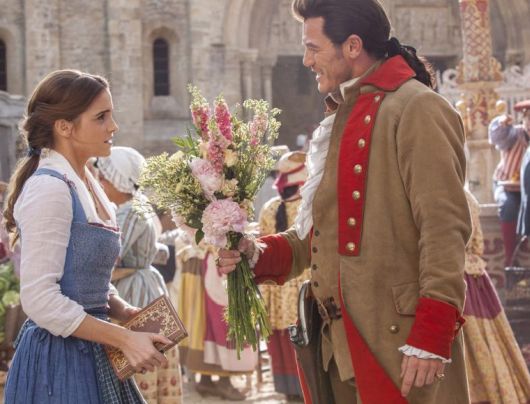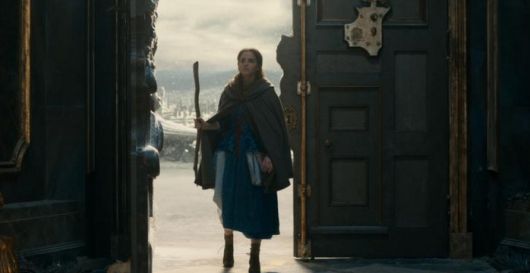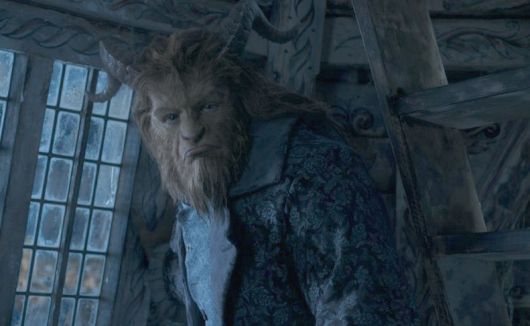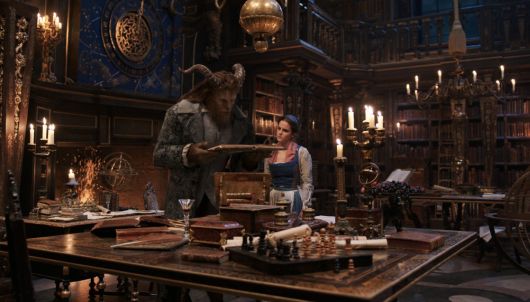 FILM
FILM In Which We Discover Another Subject Worthy Of Our Attention
 Monday, April 3, 2017 at 11:14AM
Monday, April 3, 2017 at 11:14AM 
Nice Men
by ELEANOR MORROW
Laura
dir. Otto Preminger
88 minutes
 The scene in Laura that always gets to me has police detective Mark McPherson (Dana Andrews) sitting in the house of the titular woman who has been murdered. It is late evening, and he gulps down several glasses of Laura's scotch before passing out in front of a portrait of her. He is awoken several hours later by the front door opening. It is Laura (Gene Tierney), alive! He evinces no shock at this, neither does Laura. A man is waiting for a woman when she comes home. He has read her diary and her letters, and knows more about her than she does herself. At first Laura is upset by this, but then she begins to look at the man who violated her privacy with dreamy eyes.
The scene in Laura that always gets to me has police detective Mark McPherson (Dana Andrews) sitting in the house of the titular woman who has been murdered. It is late evening, and he gulps down several glasses of Laura's scotch before passing out in front of a portrait of her. He is awoken several hours later by the front door opening. It is Laura (Gene Tierney), alive! He evinces no shock at this, neither does Laura. A man is waiting for a woman when she comes home. He has read her diary and her letters, and knows more about her than she does herself. At first Laura is upset by this, but then she begins to look at the man who violated her privacy with dreamy eyes.
No one wanted to direct Laura. The project had a rough script and the head of Fox, Daryl Zanuck, was himself overly invested in the project. The title character, Zanuck complained in a memo, should "come into the story like a breath of spring, like something out of this world." It would be difficult to feasibly make the weird milieu, the disturbed sexuality at the heart of the piece work realistically. Zanuck told the film's producer, Otto Preminger, to find Laura a director.
Preminger suggested Lewis Milestone, formerly Leib Milstein. Like himself, Milestone was originally an Eastern European Jew, and he had no intention of working closely with Preminger. "Preminger probably knows what to do with the script," Milestone told Zanuck. "He should direct it; I won't." Preminger moved onto an Armenian-American named Rouben Mamoulian, who needed a job badly.

Preminger hired his own actor to play the antagonist, Waldo Lydecker, and Mamoulian quickly had Otto banned from the set. Otto was unhappy to be out of the loop, but Zanuck was even more displeased with Mamoulian's work. He was furious with Preminger for the choice. "You should have stayed in New York or Vienna where you belong," he informed Preminger. The meeting that followed between the three of them featured Preminger performed entire scenes from Laura which he had committed to memory, to explain how the actors should handle them. Zanuck was impressed, and fired Mamoulian the next day.
As the new director, Preminger restarted Laura's production completely. Otto Preminger was more well-known as a Jewish actor who played a terrific Nazi in many films. Bald and severe-looking, he nevertheless held a lot of appeal for the women of the Los Angeles area, much to his wife's chagrin. Preminger famously had a long affair with Gypsy Rose Lee, but he was only kind in his romantic relationships. As a director, he knew what he wanted and anyone who was in the way would be run the fuck over.
 instructing an actor how to do a romantic scene
instructing an actor how to do a romantic scene
Vincent Price was a bit miffed – he had gotten along well with Mamoulian. But Preminger convinced Price that his approach to the material was better. As Price recalled to Val Robins, "The New York society depicted in the film are all darling, sweet and charming and clever and bright – on the surface. But underneath they're evil. 'Mamoulian is a nice man, isn't he Vincent?' Otto asked me.' And I said, 'Yes, he is a nice man.' Otto said, 'I'm not, and most of my friends are these type of people.'"

These types of people were the three gay actors who Preminger placed around Laura. As Laura's mentor Waldo Lydecker, Clifton Webb was an effete homosexual who could also vacillate between a softness and a deviant masculinity. (Preminger plucked him from the stage, which you can tell by the way he moves.) Vincent Price's vague sexuality is creepy in all his movies, but here he is particularly amusing as Laura's enormous suitor. Judith Anderson portrayed a lesbian who gave Price's character money.

Gene Tierney was Laura, and the role that would help define her career was not appealing on set. She was angered that Preminger's first choice had been the greatly inferior Jennifer Jones. She grew to respect the director, writing that "unlike certain other directors of that period, he had no insecurity and did not feel obligated to attempt the seduction of his leading ladies." Tierney was gorgeous but also somehow incomplete, traits that the character also embodied.
A performer himself, no director could match Preminger's instruction of an acting style that was both dramatic yet subtle enough for the near-sighted scrutiny of film work. Viewing the unlikeability of its characters up close made Laura such a different experience for audiences. Preminger was also a technical virtuoso. He loved to move the camera around to give his scenes further context and meaning, and his command of how production design should add to the atmosphere without drawing attention to itself is sublime.

Zanuck blanched at the first cut of Preminger's masterpiece, suggesting that they insert a sequence suggesting the third act was all a dream. "What they came up with was just unbelievable," Preminger later said. He was not afraid to challenge his boss, and as time went on Zanuck would depend on Preminger to step in for his directors if a project was not on time or over budget. After a positive response to the cut from critic Walter Winchell, Zanuck seemed to realize he was out of his depth and allowed Preminger to restore the original ending, which explained that Lydecker was the killer.
Watching Laura a second time, I myself began to question whether this is completely true. Detective McPherson is told the long tale of Laura's ascent in the advertising world by Waldo Lydecker. On Tuesdays and Fridays, says, they would stay in, cook, and he would read his newspaper newspaper columns while Laura sat on his lap. This background information, presented as straight truth, is actually unreliable narration. We do not question what we are told since people in general rarely disbelieve bad things they hear about others from their own mouths.
The problem and virtue of flattery is that it is expected to be returned in kind.
Eleanor Morrow is the senior contributor to This Recording.

 eleanor morrow,
eleanor morrow,  laura
laura 










































